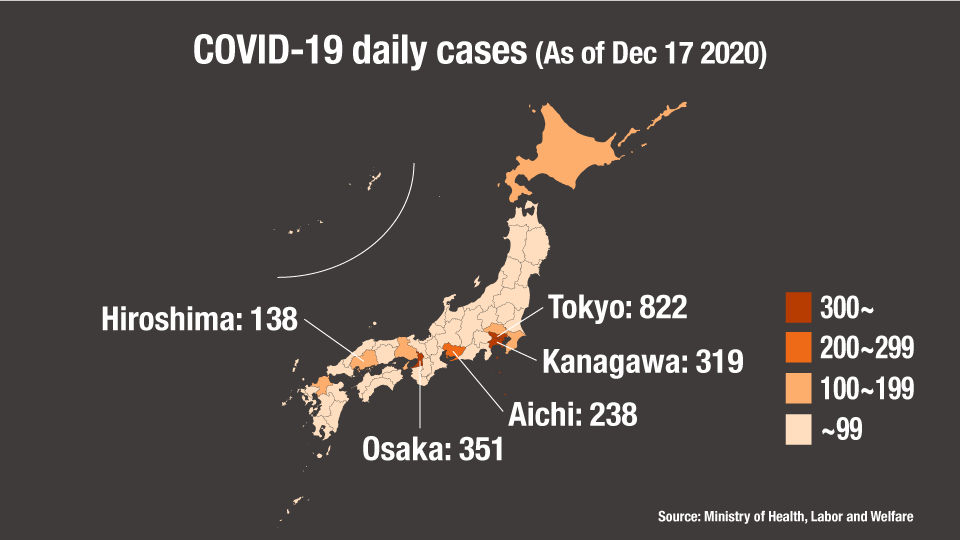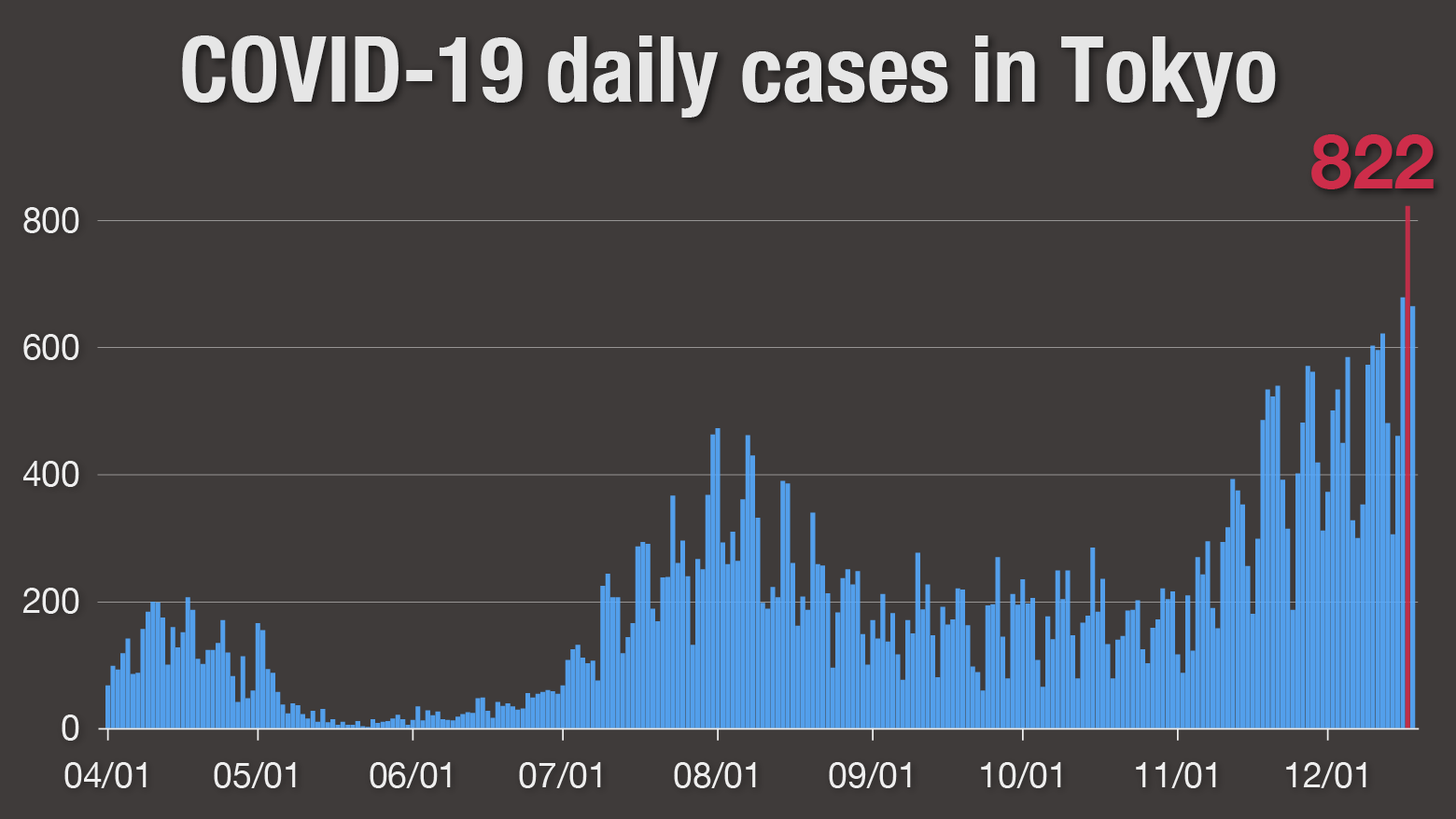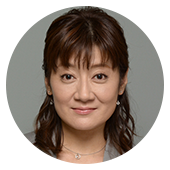At a meeting on Thursday, the Metropolitan Government's pandemic monitoring panel raised the coronavirus alert for the healthcare system to the highest level of its four-tier system for the first time, saying Tokyo's medical services are on the verge of crisis.
"It is becoming difficult to balance caring for coronavirus patients and regular medical work," said Inokuchi Masataka, the deputy head of the Tokyo Medical Association. "We have even exhausted all of our reserve resources."
Governor Koike said that while the special alert would be in place for the year-end and New Year holidays, residents should already be trying to stay home as much as possible.
"If you need to go out and get essentials, please limit the time you spend and the people you go with," she said.
In addition to the alert, the metropolitan government has asked hospitals in the capital to increase the number of beds allocated for seriously ill coronavirus patients to 250 from 200.

Across the country, authorities reported 3,211 cases on Thursday, the highest daily tally to date. In addition to Tokyo, Kanagawa Prefecture also reported a record high. In Osaka, the total surpassed 300 for the third consecutive day.
The numbers are also rising outside of the major urban areas. Hiroshima Prefecture confirmed a record 138 cases. The prefecture's weekly average of new cases per 100,000 people is now the third highest in the country, after Osaka and Tokyo.
"Avoid ordinary diseases or injuries"
Peace Winds Japan, a humanitarian non-profit based in Hiroshima, recently surveyed clinics and nursing facilities on the situation they are facing amid the pandemic's "third-wave." The poll found that more than 80% of such institutions are under strain from coronavirus care.
Dr. Inaba Mototaka, who works for the organization, said in an online press conference on Thursday that the medical situation has been nearing crisis point for two weeks now, and urged people to try to stay safe.
"It's more important to avoid ordinary diseases or injuries right now than it is to not get infected by the coronavirus," Inaba said. "Drive safely. If you have a chronic illness, take your medicine and manage your health. We can all do our part to ease the burden on emergency medical services."
Plea to younger generation
Dr. Kasai Takeshi, WHO Regional Director for the Western Pacific, said young people must be especially vigilant and try to avoid becoming spreaders.
"I know how tired you are of this pandemic," he said at an online press conference on Thursday, addressing people under the age of 40. "I understand your anxieties. But I urge you to think about those who may be at higher risk. If you catch the virus, you could pass it on to your parent or grandparent, your neighbor, or friend, someone who may not be as healthy as you."


